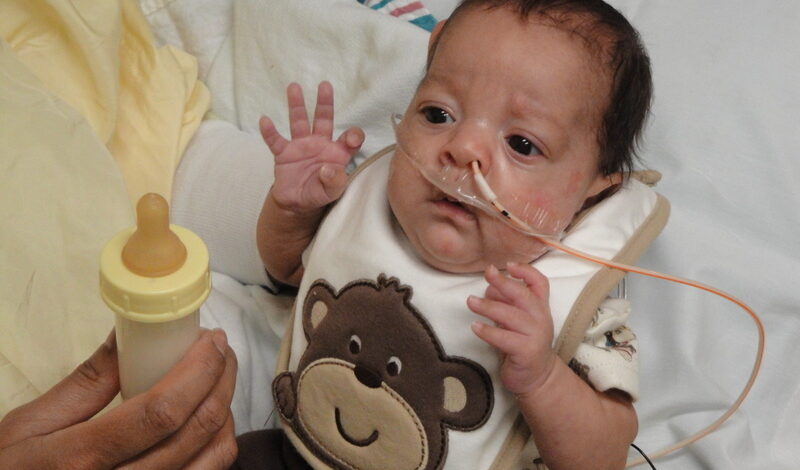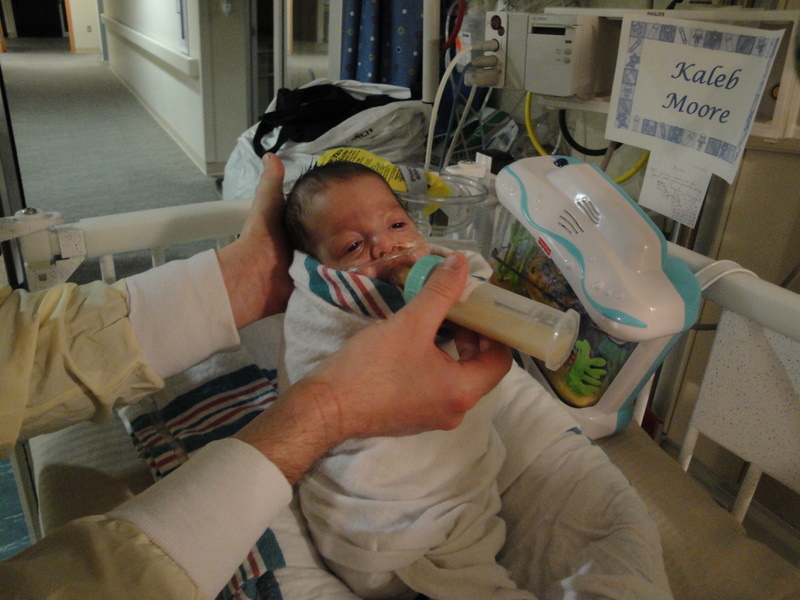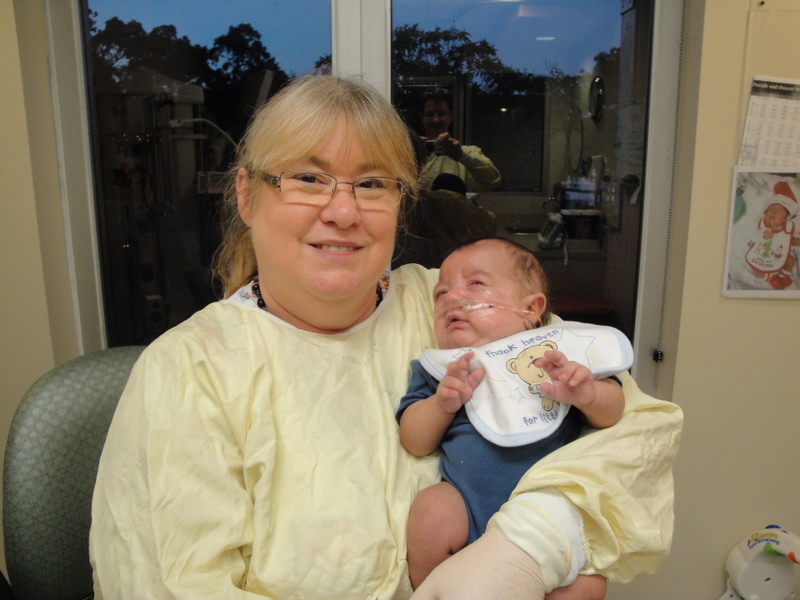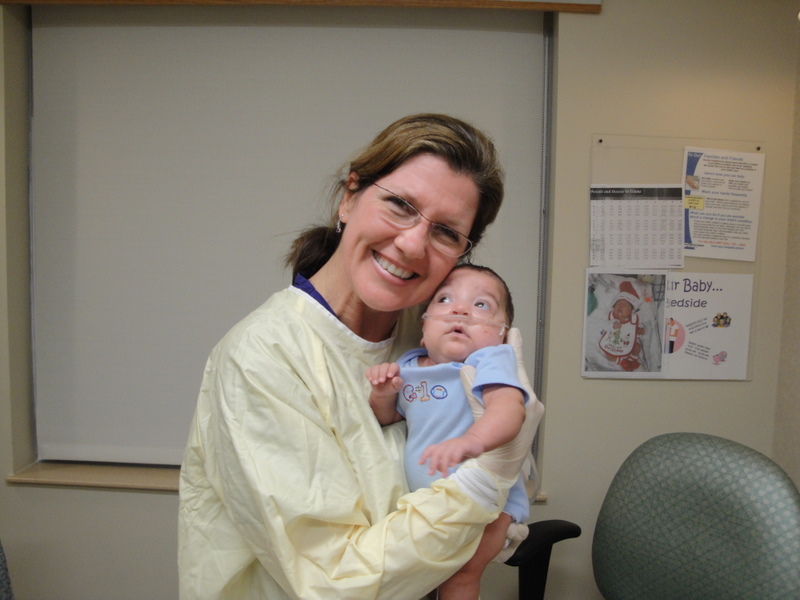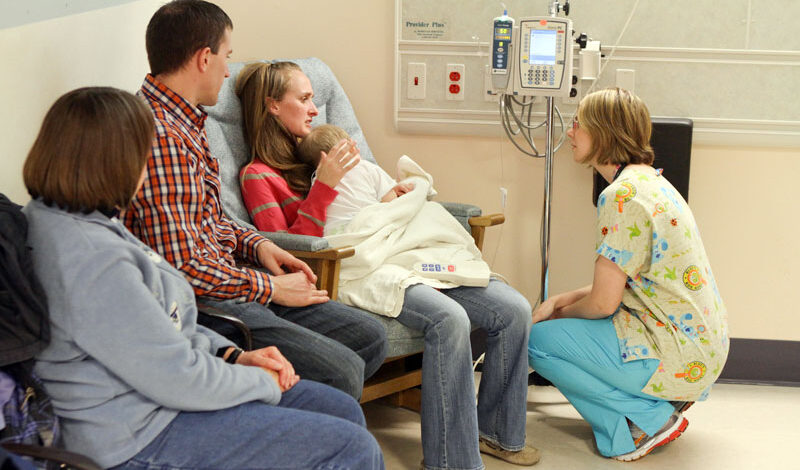When a nurse is working in corporate America, changes are bound to be evident, from what the nurse was used to at the hospital. When nurses take on the this role, they have higher skill sets in the business world than in the clinical world since they do not practice and they may not feel confident providing care. The role of a nurse manager in the clinical setting when she is managing the business aspect can be very confusing for nurses. This is because their training is that of a nurse and possibly they received their MBA to manage an office, however when put in a clinical situation, due to less involvement clinically, they lose their clinical awareness.
In some places, there are many nurse managers that are in this manager role and there is very little clinical involvement. The clinical they may get to do as a manager is when they go out in the field quarterly with staff or when they do chart audits. Some nurses maintain their clinical skills because they choose to be more involved in their staff’s patients, looking at their diagnosis and medications right along with the staff to be able to keep up with what is changing medically. Some managers are quite content with the non-nursing role.
This makes it very difficult at times dealing with a manager that is a transactional leader. Transactional leadership is a style of management when the leader promotes compliance from their staff through rewards and punishments. it is an antiquated method of management, where mostly punishments are used. After awhile the leader loses their staff due the rigidity of management. A transactional leader will not allow the status quo to change and when a nurse brings up evidenced based nursing approaches to help the staff, they may be quickly dismissed as this is not part of what a manager does. Some managers are told constantly that they are a manager and have to think like one, not like a nurse that is doing clinical. It sounds like a power struggle of the titles.
Marchionni, C., & Ritchie, J. (2007, January 25). Organizational Factors that Support the Implementation of a Nursing Best Practice Guideline. Journal of Nursing Management, 16(), 266-274. http://dx.doi.org/10.1111/j.1365-2834.2007.00775.x
Rubenfeld, M. G., & Schaeffer, B. (2014). Critical Thinking Tactics for Nursing Achieving the IOM Competencies (3rd ed.). [P2BS-11]. Retrieved from http://online.vitalsource.com/books/9781284059571
Rosie Moore, RN BSN, LNC






